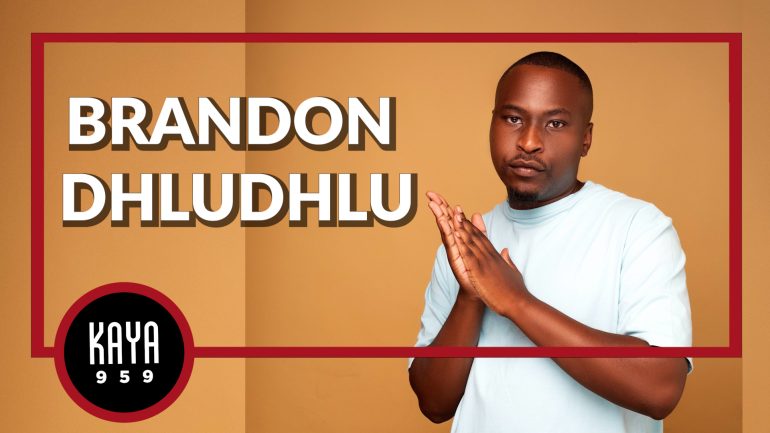How safe is the COVID 19 vaccine?
How safe is the COVID 19 vaccine?
- Vaccines prevent diseases that can be dangerous, or even deadly. They work with your body’s natural defenses to safely develop protection from disease.
- A vaccine helps your immune system to produce antibodies, just like it would if you were exposed to the disease. After getting vaccinated, you have protection from that disease, without having to get the disease first.
- This is what makes vaccines such powerful medicine. Unlike most medicines, which treat or cure diseases, vaccines prevent them.
- Vaccines train your immune system using a harmless form of the virus, SARS-CoV-2, which causes COVID-19.
- Vaccines stimulate an immune response without causing illness.
- Each type of vaccine for COVID-19 works differently to introduce antigens, which are unique features of the SARS-CoV-2 virus, to your body.
- The antigen triggers a specific immune response and this response builds immune memory, so your body can fight off SARS-CoV-2 in the future.
How is it safe if it happened so fast?
- We already had helpful information about coronaviruses, so we weren’t starting from scratch.
- The United States and other governments invested a lot of money to support vaccine companies with their work.
- A lot of people participated in clinical trials and we didn’t need to spend time finding volunteers.
- Manufacturing happened at the same time as safety studies, so vaccines were ready to be distributed once they were approved.
Vaccines
- no vaccine is 100% effective against preventing COVID-19.
- Getting COVID while fully vaccinated does not give the vaccine a bad name!
- Despite being vaccinated, there is always a small chance that one could still get infected as has happened to me.
- Despite being vaccinated, there is also always a small chance that one can still transmit COVID to someone else – again – as has happened to me.
- However – the real benefit and protection of the vaccine come in preventing severe illness, hospitalization, and death.
Which vaccine should I take?
- Take the first one offered to you.
- Both vaccines do the same thing.
- Pfizer vaccine more protective
- Pfizer – 56 days from the first dose until fully vaccinated
- J&J – 14 days
What about people who have died after taking the vaccine?
- Just because there is a temporal (time) association with the vaccine, does not mean a causal association.
- USA:
- 369 million doses (up till 30th August)
- 7,218 reports of deaths (0,0020%)
- No causal link found
What about people who have died after taking the vaccine?
- Just because there is a temporal (time) association with the vaccine, does not mean a causal association.
- SA:
- 7 million doses (between 17th May and 31st July)
- 53 reported deaths (0,0007%)
- 6 died of COVID
- 5 – insufficient information
- Remaining all coincidental to the vaccine (existing illness before taking the vaccine)
- No link found to the vaccine
What about blood clots?
- Few cases identified after J&J
- More common in women 18-59 years, within 2 weeks of the vaccine
- The risk of clots due to COVID-19 infection is 8 to 10 times higher than the risk of clots from the vaccine
Booster doses
- This does not mean the vaccines are not working
- Protection after vaccination may decrease over time (waning immunity)
- Because of new variants, we may have reduced protection against mild and moderate disease.
- Booster dose will maintain protection
5 reasons to take the Vaccine
- It works – safe and effective
- It protects –
- You – from serious illness, hospitalization, and death
- Your family and loved ones
- You need it – comorbidities
- Obesity, HT, Diabetes
- Herd immunity
- Return to normal
- It’s free
- It’s the right thing to do!
Written by: Cherryl
Similar posts
MORE ARTICLES

Two boys accused of killing Grade 10 pupil remain behind bars

45 individuals arrested in Pretoria for drunk driving over the weekend

Pics: Inside Liesl Laurie-Mthombeni’s girls’ vacation

Berita celebrates 34th birthday with new single ‘Gugulethu’

Gauteng settles major e-toll debt with R5.4 billion payment
QUICK LINKS
UpComing Shows

959 Music Weekdays
Kaya 959 Hits
Real. Familiar. Memorable. Kaya 959 brings you the music you know and love from our playlist. Uninterrupted. Thursdays 20h00 to 21h00
close
The Best T in the City
With T Bose
He has held it down in the world of mid-morning radio with the best music, riveting topics, brilliant mixes and interesting guests. Every weekday, The Best T proves why he is the BEST by connecting to you like only your bro or favourite uncle could. He lets his listeners dictate the songs they want to hear in the ever-popular Top 10 at 10, and his Three Teaspoons never run out. Catch The Best T in the City Mondays to Fridays from 09h00 to 12h00.
close
Feel Good
With Andy Maqondwana
Feel good about feeling good! That's exactly what The Feel-Good show is about. An escape from the negativity that surrounds us, indulging you in good feels. Pass it on to one and all. Spread the good feeling around Gauteng with Andy Maqondwana.
close
Kaya Biz
With Gugulethu Mfuphi
The world of business is simplified for you by Kaya Biz with Gugulethu Mfuphi. This fast-paced award-winning business show talks to the corporate giants as well as up and coming entrepreneurs about their wins and challenges. Gugulethu invites guests to offer their analyses of markets and economies, and also delves into issues of personal financial wellness. Kaya Biz airs Mondays to Thursdays 18h00 to 19h00.
close
Point of View
With Phemelo Motene
Point of View with Phemelo Motene delves into the day’s current affairs, touches on real issues that affect people’s daily lives and shares expert advice on questions posed by the audience. Mondays to Thursdays 20:00 to 22:00.
closeConnect with Kaya 959
DownLoad Our Mobile App
© 2025 Kaya 959 | On The Street On The Air










